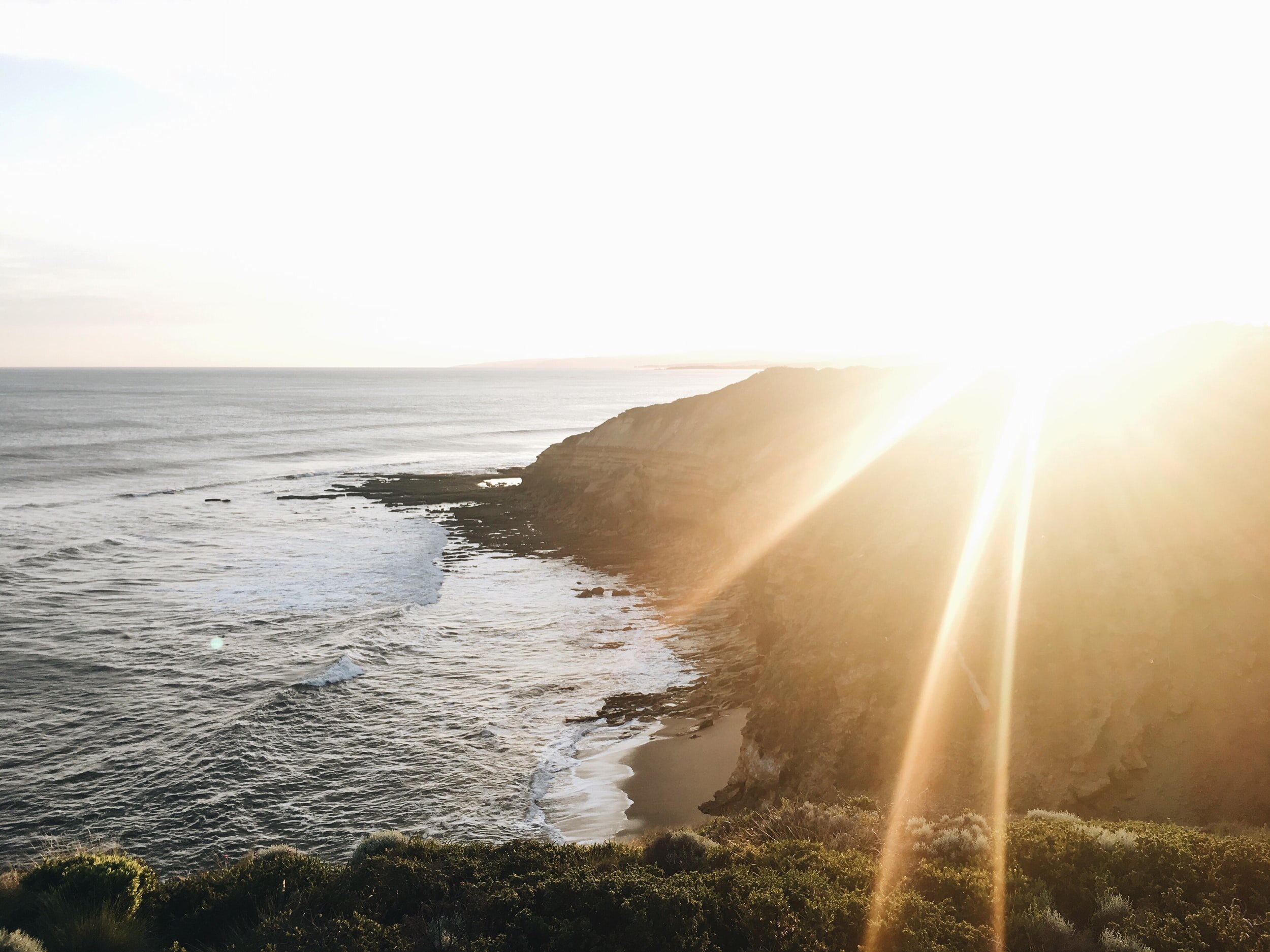How Much Sun Is Too Much?
Summertime is here, which means we'll probably spend more days enjoying the sunshine and laying out on the beach. Even though a day in the sun may seem harmless, exposure to UV rays can take a toll on your skin. In the short term, you may have a slight sunburn. But the long-term consequences of sun exposure aren't as easily noticeable.
What Exactly are UV Rays?
Ultraviolet radiation, commonly called UV rays, are invisible rays of energy emitted by the sun or other sources, such as tanning beds. They cause DNA changes in the skin that lead to premature aging (photoaging) and skin cancer.
What is Photoaging?
Photoaging is the term used for the premature aging of the skin due to UV exposure. Signs of photodamage include wrinkling, decreased skin elasticity, uneven skin texture, and pigmentation changes.
Unlike normal aging, which is caused by age and genetics, photoaging results from permanent UV damage to our skin's DNA.
There are two types of UV rays:
1) UVA rays - cause indirect damage to skin cells' DNA. Research has linked UVA rays to long-term skin damage such as wrinkles.
2) UVB rays - have more energy than UVA rays and may directly damage the skin cells' DNA. They are the main rays responsible for sunburn and are believed to cause most skin cancers.
Ways to Lessen UV Exposure and Photodamage
Limit your time outside between 10 am and 2 pm when the UV rays are strongest
Wear and reapply sunscreen when spending time in the sun, especially if you plan on wearing a swimsuit!
Use a sunscreen with an SPF of 30 or higher that has protection against UVA and UVB
Avoid the sun when the UV index is at or above 8
3 reasons to incorporate sunscreen into your skincare routine
Sunscreen blocks UV rays, which reduces the likelihood of sun damage. Without sunscreen, you expose the sensitive skin on your face to harmful UV rays.
Wearing sunscreen lowers your risk of skin cancer. Regular daily use can reduce your risk of developing squamous cell carcinoma (SCC) by about 40 percent, and lower your melanoma risk by 50 percent.
Healthier skin overall! Our skin is the body's largest organ. Sunscreen protects essential proteins in our skin from UV damage. These proteins, such as keratin and collagen, function to keep our skin healthy.
I started using sunscreen at the age of 25, even through the reason was to prevent the recurrence of brown spots which was a pigmentation nightmare, I see the anti aging benefits!! Want to learn more about Becoming Ageless? Sign up for my next 12 week expansion experience HERE


